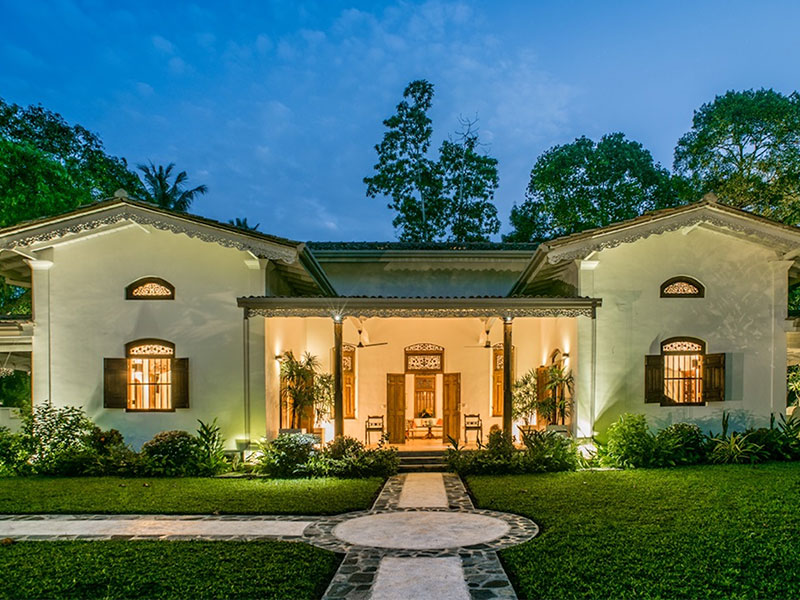The Sri Lankan government’s plan to introduce an IMF-prescribed property tax in 2025 has been criticised by the already tax-burdened middle class.
Only a few believe that it is a necessary measure to boost the country’s economy, while most are concerned about the impact it will have on homeowners.
The government has said that the tax will only be applicable to extensive property holders and that it will be levied by local government authorities. This suggests that the tax will be progressive, meaning that it will disproportionately impact those with the highest incomes.
The government has also said that the tax will be used to fund infrastructure development and other public services. This is a positive development, as it means that the tax revenue will be used to benefit all Sri Lankans, not just the wealthy.
However, some people are concerned that the tax will be too high and that it will place a burden on homeowners. Others are worried that the tax will be difficult to administer, and that it will lead to corruption.
Overall, the Sri Lankan government’s plan to introduce a property tax is a mixed bag. There are both potential benefits and drawbacks to the tax, and it remains to be seen how it will be implemented.
State Minister of Finance Ranjith Siyambalapitiya told reporters that the new tax will be deliberated after the 2024 Budget, and will be introduced as late as 2025 after a “thorough analysis”.
“This is a very progressive tax, meaning it will only be charged to people who have the capacity to pay. We always say that direct taxes must be increased while indirect taxes are reduced. This is a direct tax. Therefore it is a progressive tax,” said Siyambalapitiya







